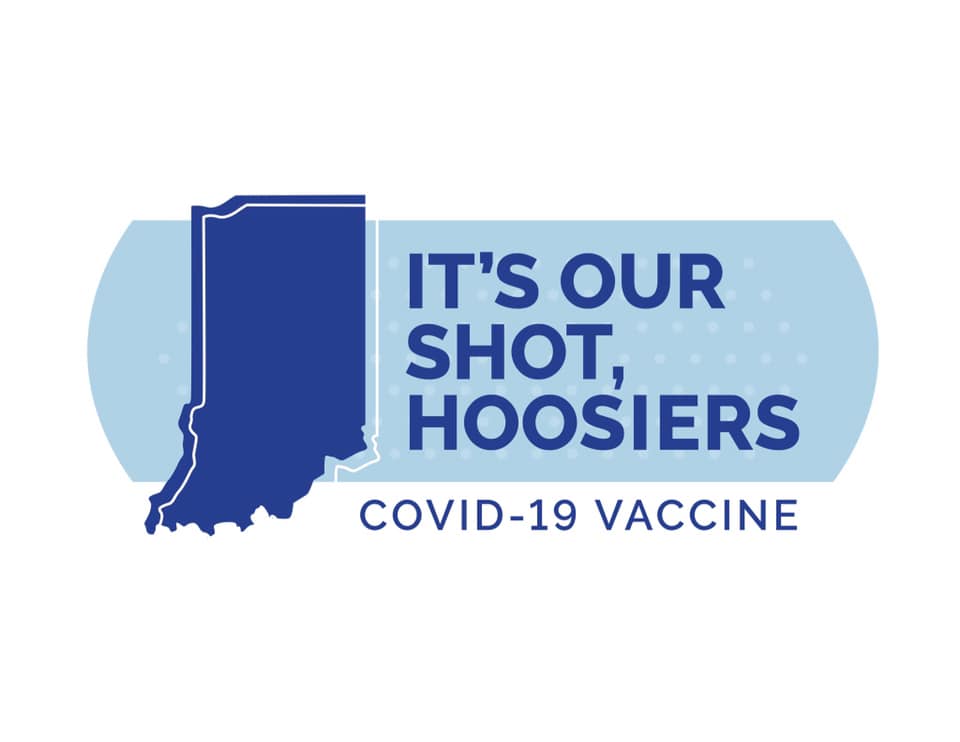Indiana is making COVID-19 vaccinations available to those 40-44 starting Monday, March 22, by appointment.
Appointments can be scheduled at ourshot.in.gov for sites in Wayne and surrounding counties.
Ages 45-49 were added to the list of eligible recipients in recent days.
The list of high-risk medical conditions also has been expanded in recent days, and now includes pregnancy. Pregnant women are encouraged to speak with their medical provider and find out when a shot is recommended.
High-risk conditions
Initial groups of patients identified by their healthcare provider as highest risk of severe illness from COVID-19. These individuals will receive a unique registration link or may call 211 after receiving the notification:
• Active dialysis patients
• Sickle cell disease patients
• Down syndrome
• Post-solid organ transplant
• People who are actively in treatment (chemotherapy, radiation, surgery) for cancer now or in the last
three months, or with active primary lung cancer or active hematologic cancers (lymphoma, leukemia
and multiple myeloma)
• Early childhood conditions that are carried into adulthood:
o Cystic fibrosis
o Muscular dystrophy
o People born with severe heart defects, requiring specialized medical care.
o People with severe type 1 diabetes, who have been hospitalized in the past year.
o Phenylketonuria (PKU), Tay-Sachs, and other rare, inherited metabolic disorders.3 Last updated: 3.17.21
o Epilepsy with continuing seizures, hydrocephaly, microcephaly and other severe neurologic
disorders
o People with severe asthma who have been hospitalized for this in the past year
o Alpha and beta thalassemia
o Spina bifida
o Cerebral palsy
• People who require supplemental oxygen and/or tracheostomy
• Pulmonary fibrosis, Alpha-1 Antitrypsin
• Immunocompromised state (weakened immune system) from blood or bone marrow transplant, immune deficiencies, combined primary immunodeficiency disorder, HIV, daily use of corticosteroids, use of other immune weakening medicines, receiving tumor necrosis factor-alpha blocker or rituximab.
• Intellectual and Developmentally Disabled individuals receiving home/community-based services.
(Family and Social Services Administration will provide patient information for this community.)
• Pregnancy

